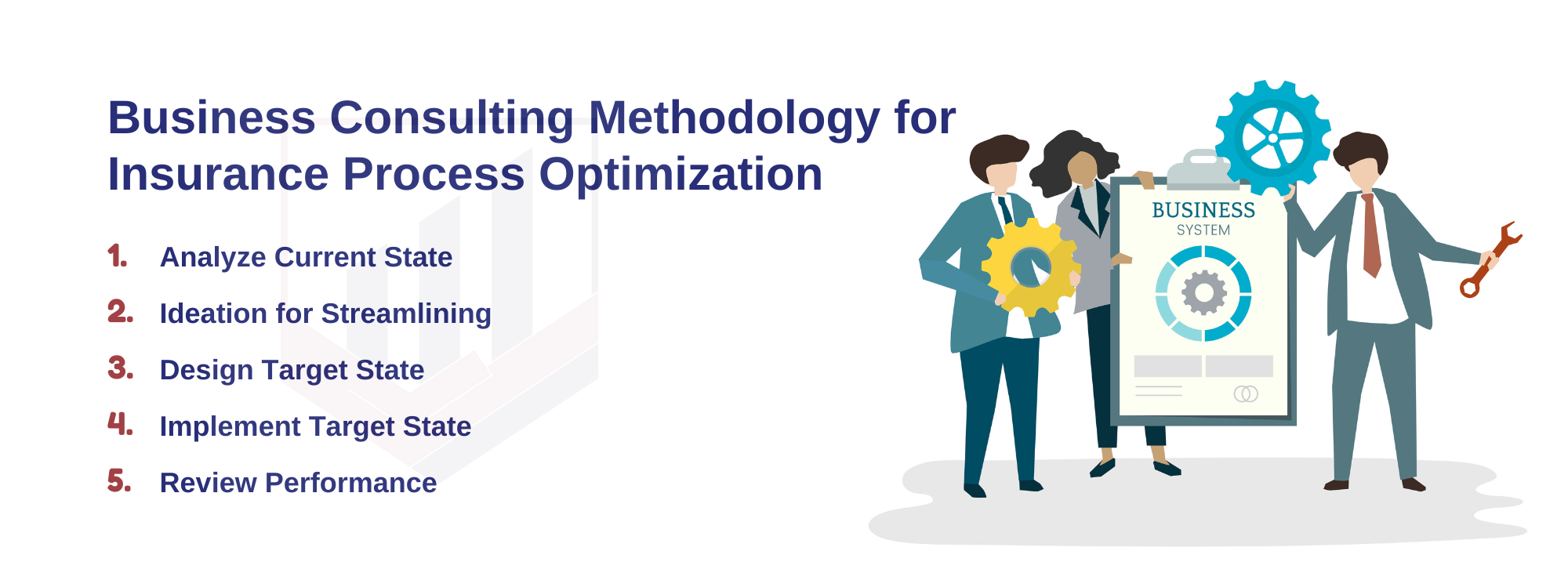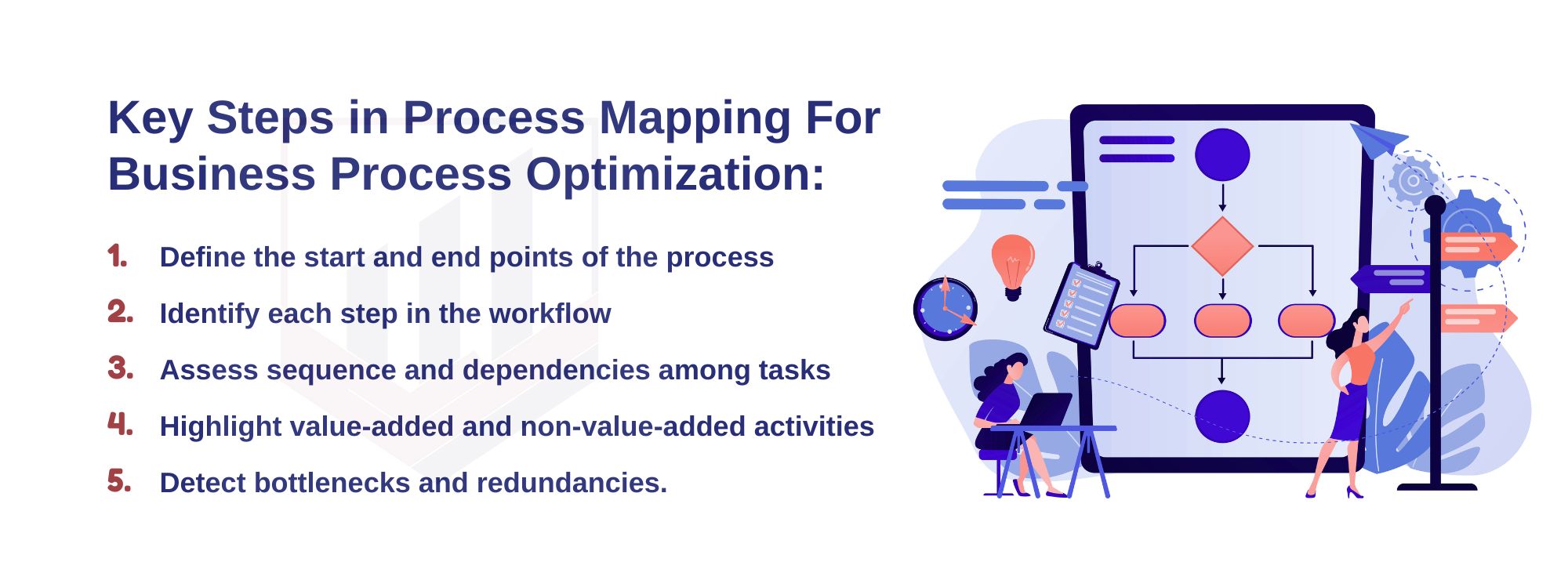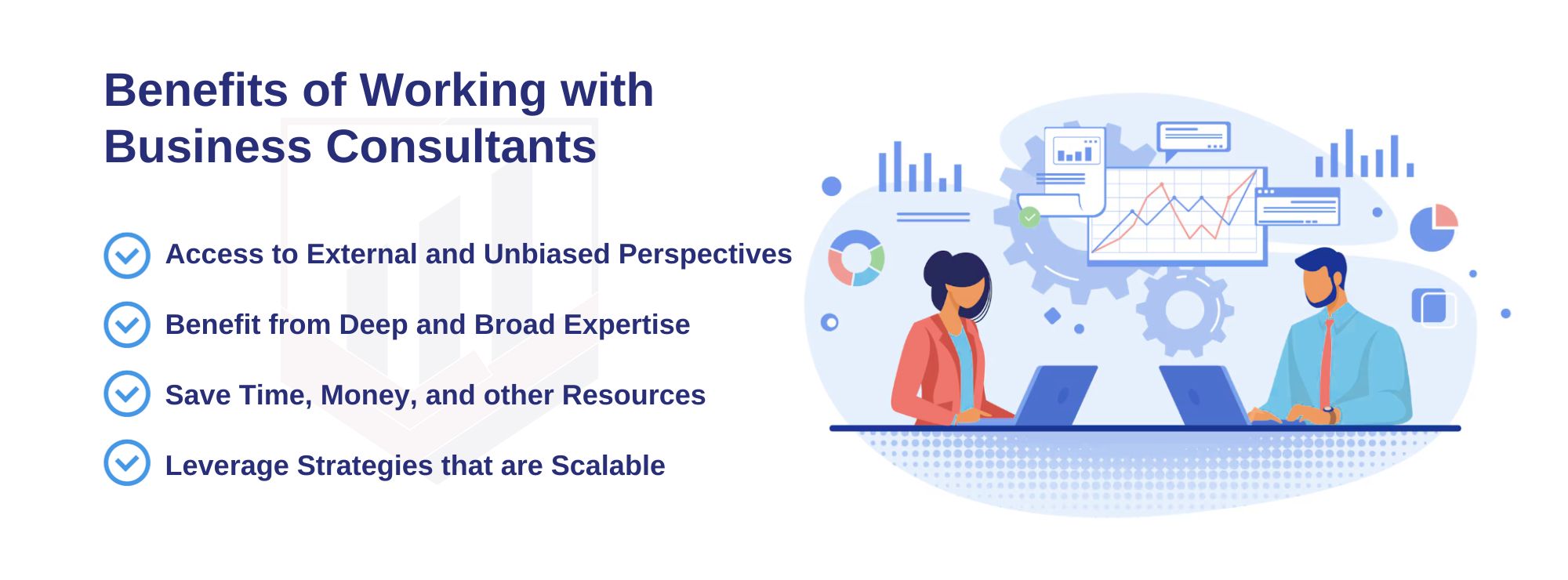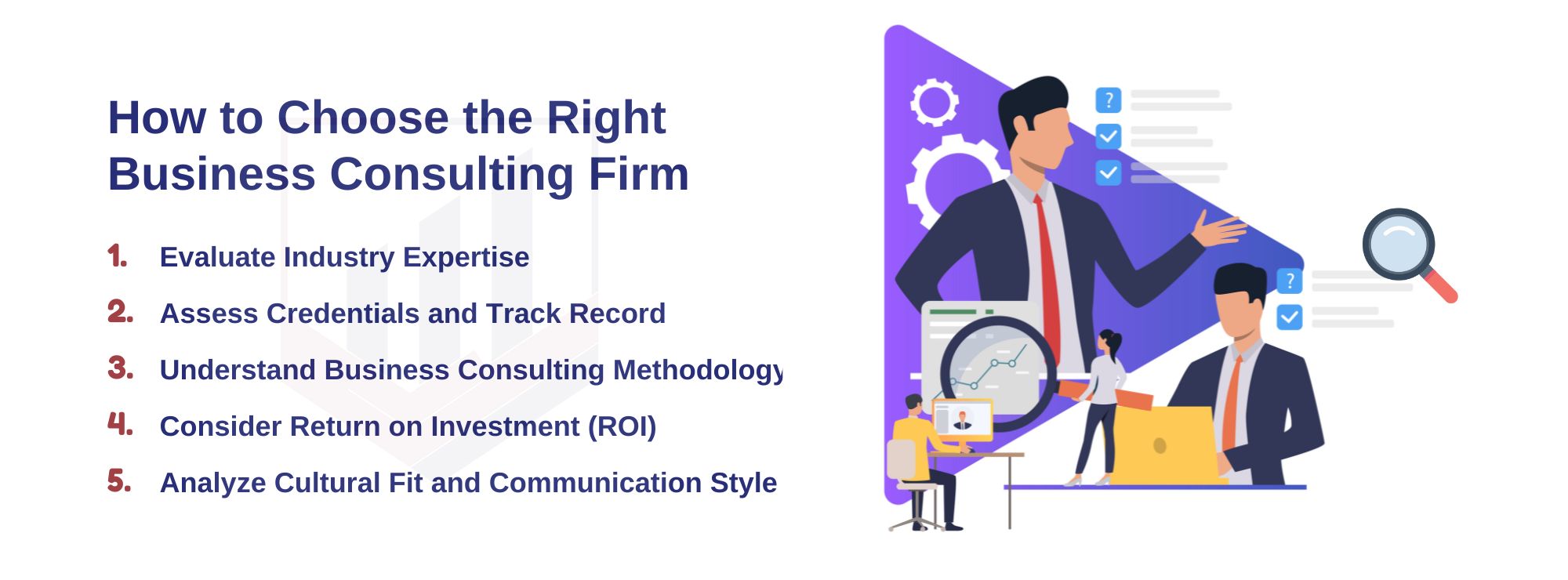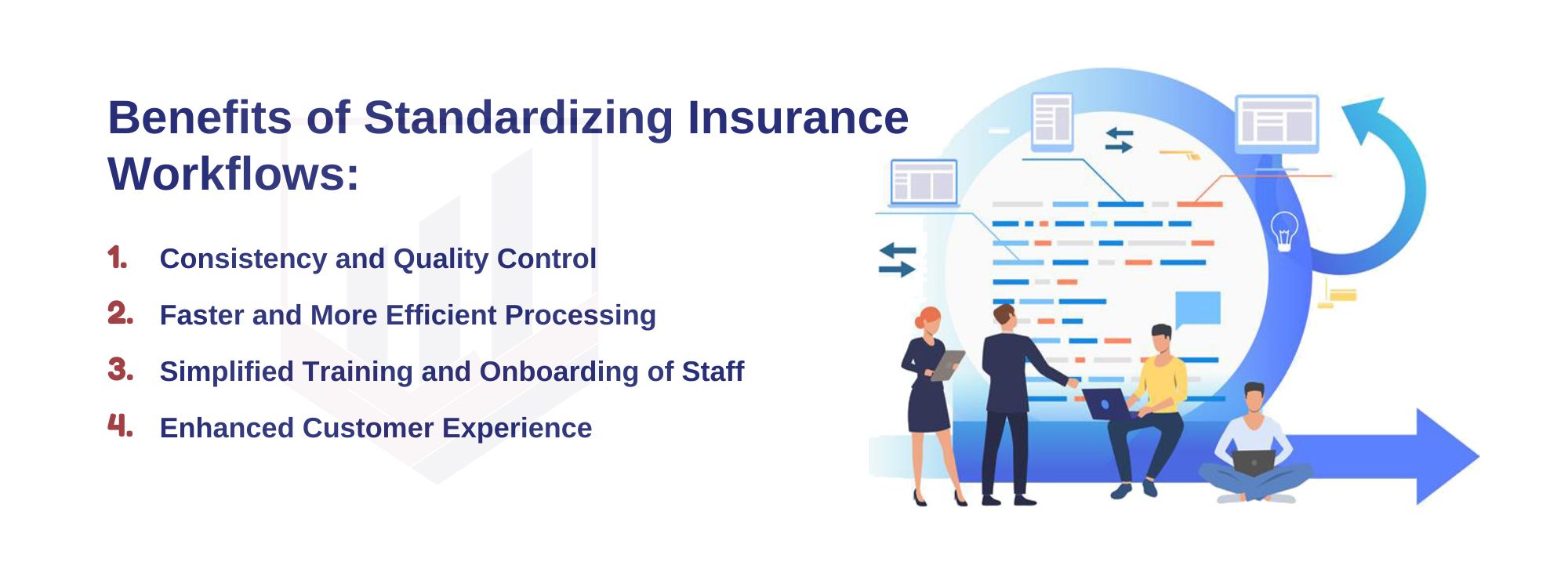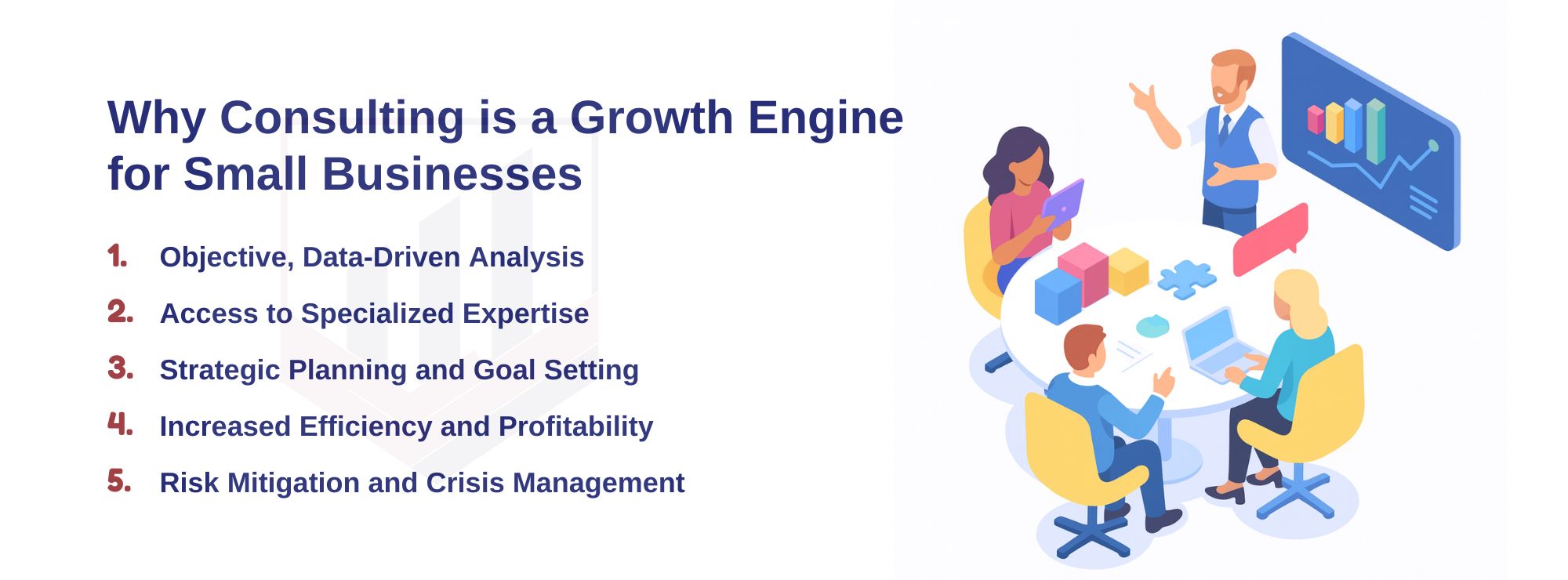
For many small business owners, the idea of hiring a consultant feels like an extravagance: a service reserved for Fortune 500 companies with massive budgets. When you are the visionary, the operator, the finance department, and the chief salesperson all rolled into one, why would you hand over control to someone external?
The truth is, business consulting is not about giving up control; it's about empowering yourself to work on your business, not just in it. It’s the strategic advantage that allows you to step back, identify blind spots, and build a more resilient, profitable, and scalable company. Small businesses should approach business consulting as a growth catalyst, not a mere luxury.
This post will explore the critical benefits of business consulting for small businesses, help you identify the right time to seek help, and provide a checklist of what to watch out for when choosing the right partner.
Why Consulting is a Growth Engine for Small Businesses
Small business owners are masters of their craft, but the modern business landscape demands expertise in an ever-widening array of disciplines, from digital marketing and supply chain logistics to financial forecasting and human resources. An experienced business consultant acts as a repository of such specialized knowledge on demand; additionally, they would also know how to implement such disciplines in the most cost-effective and result oriented way for the company.
Objective, Data-Driven Analysis
When you are emotionally and financially invested in your business, it is easy to miss inefficiencies or cling to outdated strategies. A consultant offers a fresh, unbiased perspective. Using data, they diagnose problems, whether revenue stagnation, low profitability, or high employee turnover, and propose solutions based on proven methodologies, not guesswork. This objective view often becomes the first step toward transformation and continuous improvement.
Access to Specialized Expertise
You don’t need a full-time CFO or marketing VP on your payroll. Consultants let you tap into top-tier expertise for a specific project or limited period. Whether it’s optimizing e-commerce operations, preparing financials for a loan, or building a market entry strategy, you gain targeted skills exactly when you need them.
Strategic Planning and Goal Setting
Many small businesses operate reactively. Consultants help you define a long-term vision and craft a roadmap to achieve it. By setting S.M.A.R.T. goals (Specific, Measurable, Achievable, Relevant, Time-bound) and aligning tactics, resources, and timelines, consulting shifts your business from firefighting to proactive, strategic growth.
Increased Efficiency and Profitability
In small businesses, time is the most valuable resource. Consultants identify bottlenecks, streamline workflows, and implement new technologies. From optimizing inventory management to automating customer service, the outcome is a leaner, more agile operation that directly improves profitability.
Risk Mitigation and Crisis Management
From economic downturns to supply chain disruptions, small businesses face risks that can threaten survival. A consultant provides foresight and clear strategies to prepare for these challenges. When crises arise, their structured approach minimizes disruption and protects your business.
When Is the Right Time to Invest in Business Consulting?
There’s no one-size-fits-all answer, but these signs suggest it’s time to consider business consulting services, if you run a small business:
Stagnation or Plateaued Growth
Revenue has flat lined, and current strategies are not moving the needle.
Rapid Growth and Overwhelm
Your business is expanding quickly, but systems, processes, or teams cannot keep up.
Major Decisions Ahead
Considering an expansion, new product launch, or business pivot? Consultants provide data-driven clarity.
Persistent Internal Problems
High turnover, customer complaints, or recurring cash flow challenges indicate deeper issues.
Choosing the Right Consulting Partner for Small Businesses
The consulting market is vast, and the right fit is critical for success. Here’s what to watch for:
Avoid False Promises
A reputable consultant won’t guarantee overnight results. Instead, look for transparency, realistic timelines, and a collaborative process.
Look for a Collaborative Approach
The best consultants work alongside your team, transferring knowledge and equipping you to sustain growth even after the engagement.
Insist on Relevant Expertise
Choose a consultant with experience in your industry and with challenges like yours. Always ask for case studies and client references.
Prioritize Clear Communication
From proposals to progress updates, consistent and honest communication builds trust and ensures alignment.
Conclusion: Business Consulting is a Growth Catalyst for Small Businesses
For small business owners, working with a consultant is rarely about giving up control; it is about gaining perspective and unlocking growth potential. By investing in business consulting, small companies gain access to expertise, strategy, and support that strengthen every part of your company.

